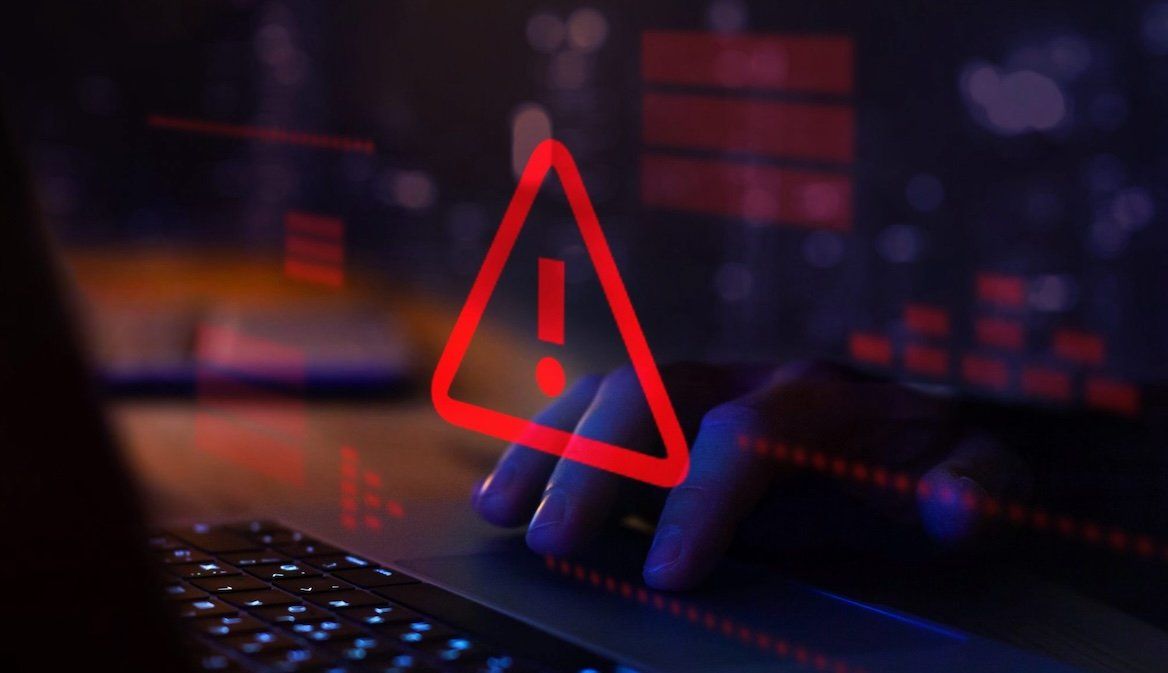The Biden administration is planning to support a controversial United Nations treaty on cybercrime, which will be the first legally binding agreement on cybersecurity.
The treaty would be an international agreement to crack down on child sexual abuse material, or CSAM, and so-called revenge porn. It would also increase information-sharing between parties of the treaty, increasing the flow of evidence the United States, for one, has on cross-border cybercrime. This will also make it easier to extradite criminals.
But the treaty has faced severe pushback from advocacy groups and even Democratic lawmakers. On Oct. 29, six Democratic US senators, including Tim Kaine and Ed Markey, wrote a letter to the Biden administration saying they fear the treaty, called the UN Convention Against Cybercrime, could “legitimize efforts by authoritarian countries like Russia and China to censor and surveil internet users, furthering repression and human rights abuses around the world.” They said the treaty is a threat to “privacy, security, freedom of expression, and artificial intelligence safety.”
The senators wrote that the Convention doesn’t include a needed “good-faith exception for security research” or a “requirement for malicious or fraudulent intent for unauthorized access crimes.” This runs afoul of the Biden administration’s executive order on AI, which requires “red-teaming” efforts that could involve hacking or simulating attacks to troubleshoot problems with AI systems. The UN will vote on the Convention later this week, but even if the United States supports it, it would need a two-thirds majority in the US Senate — a difficult mark to achieve — to ratify it.